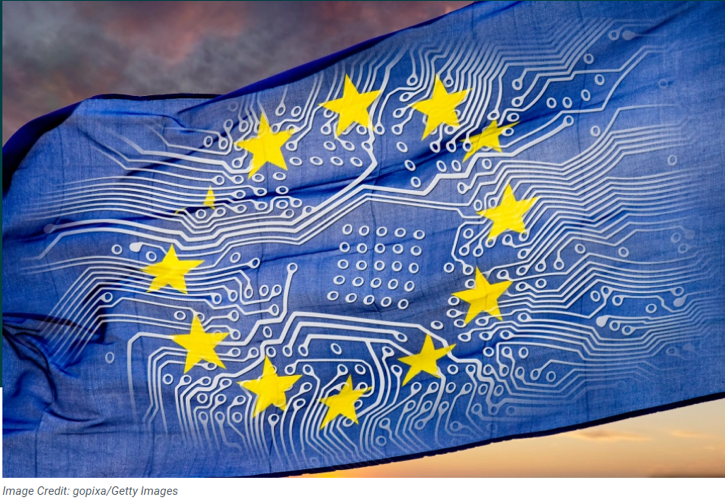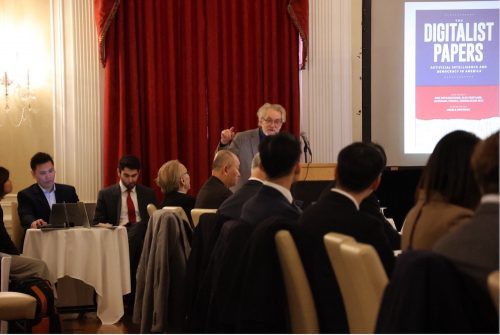Artificial intelligence isn’t tomorrow’s technology — it’s already here. Now too is the legislation proposing to regulate it.
Earlier this year, the European Union outlined its proposed artificial intelligence legislation and gathered feedback from hundreds of companies and organizations. The European Commission closed the consultation period in August, and next comes further debate in the European Parliament.
As well as banning some uses outright (facial recognition for identification in public spaces and social “scoring,” for instance), its focus is on regulation and review, especially for AI systems deemed “high risk” — those used in education or employment decisions, say.
Any company with a software product deemed high risk will require a Conformité Européenne (CE) badge to enter the market. The product must be designed to be overseen by humans, avoid automation bias, and be accurate to a level proportionate to its use.
Some are concerned about the knock-on effects of this. They argue that it could stifle European innovation as talent is lured to regions where restrictions aren’t as strict — such as the US. And the anticipated compliance costs high-risk AI products will incur in the region – perhaps as much as €400,000 ($452,000) for high risk systems, according to one US think tank — could prevent initial investment too.
EU General Data Protection Regulation (GDPR) laws required just about every company with a website either side of the Atlantic to react and adapt to them when they were rolled out in 2016. It would be naive to think that any company with an international outlook won’t run up against these proposed rules too. If you want to do business in Europe, you will still have to adhere to them from outside it.
The original article was posted at VentureBeat.
The Boston Global Forum (BGF), in collaboration with the United Nations Centennial Initiative, released a major work entitled Remaking the World – Toward an Age of Global Enlightenment. More than twenty distinguished leaders, scholars, analysts, and thinkers put forth unprecedented approaches to the challenges before us. These include President of the European Commission Ursula von der Leyen, Governor Michael Dukakis, Father of Internet Vint Cerf, Former Secretary of Defense Ash Carter, Harvard University Professors Joseph Nye and Thomas Patterson, MIT Professors Nazli Choucri and Alex ‘Sandy’ Pentland, and European Parliament Member Eva Kaili. The BGF introduced core concepts shaping pathbreaking international initiatives, notably, the Social Contract for the AI Age, an AI International Accord, the Global Alliance for Digital Governance, the AI World Society (AIWS) Ecosystem, and AIWS City.











